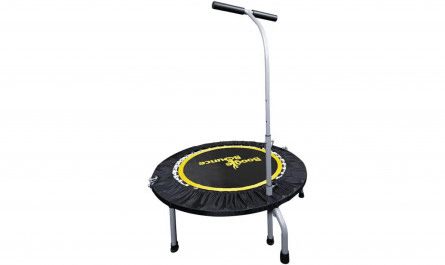Understanding Underarm Physiology and Odor Formation
Introduction to Underarm Sweat Glands
The underarm area contains many sweat and oil glands that secrete sweat and sebum, which are the main sources of body odor. Understanding underarm physiology can help choose better deodorants.
How Body Odor Forms
When sweat mixes with sebum, it creates ideal conditions for bacterial growth. The volatile organic compounds produced when bacteria act on these secretions are what we perceive as body odor. Controlling sweat and sebum secretion can control odor at the source.
Assessing Your Body Chemistry and Needs
Evaluating Skin Sensitivity
Those with sensitive skin should choose gentle, non-irritating natural deodorants and avoid products with alcohol.
Evaluating Activity Level
People with high activity levels who sweat a lot need strong deodorants to prevent odor from returning quickly.
Evaluating Deodorant Performance Needs
If you need all-day odor protection, consider aluminum-containing deodorants that can also stop sweat. Those who only need mild odor control can choose aluminum-free natural deodorants.
Pros and Cons of Common Deodorant Types
Aluminum Deodorants
Pros: Long-lasting odor protection. Cons: May irritate sensitive skin.
Aluminum-Free Natural Deodorants
Pros: Gentle, non-irritating. Cons: Weaker odor protection.
Antiperspirant Deodorants
Pros: All-day odor control. Cons: May overly suppress sweating.
Choosing the Right Deodorant Based on Assessments
Gentler Formulas for Sensitive Skin
Those with sensitive skin should choose aluminum-free natural deodorants with gentle, non-irritating formulas suitable for long-term use.
Stronger Formulas for Heavy Sweating
People who sweat a lot need strong deodorants to combat high sweat output. Aluminum deodorants or enhanced aluminum-free deodorants are good choices.
Aluminum Deodorants for All-Day Protection
For full day odor control, aluminum-containing deodorants or dual antiperspirant-deodorants can reduce sweat output.
Using Deodorant Correctly
Choosing the Right Application Method
Deodorant application methods include spray, stick, wipes etc. Choose based on personal preference. Avoid aerosol sprays to prevent inhalation.
Avoiding Overuse
Excessive use wastes product and may cause skin irritation. Control usage to not exceed recommended amounts.
Combining with Other Hygiene Habits
Deodorants only mask odor. To fundamentally solve the problem, develop good hygiene habits like daily bathing and changing undergarments.
Conclusion
Summary of Key Points
This article introduced how to choose suitable deodorants based on skin sensitivity, sweat levels, etc and provided tips for proper deodorant use.
3-Step Process for Choosing Deodorant
- Assess body chemistry and needs
- Analyze pros and cons of different deodorant types
- Choose appropriate deodorant based on assessments
5 FAQs
- Why are aluminum-free deodorants less effective?
Aluminum-free deodorants rely on natural plant extracts for odor control, which is less persistent than synthetic aluminum ingredients.
- Can deodorants harm skin?
Prolonged overuse of deodorants with alcohol or irritants may irritate skin. Choose gentle, non-irritating products and moderate usage.
- Why do active people need powerful deodorants?
Sweating heavily requires stronger deodorants to control odors, as natural deodorants may not last.
- What’s the difference between deodorants and antiperspirants?
Deodorants mainly neutralize odors, while antiperspirants reduce sweat output. The two are often combined in single products.
- What else can help body odor besides deodorants?
Good hygiene habits like daily bathing, changing clothes, dietary changes etc. can also help improve odor from the source.




